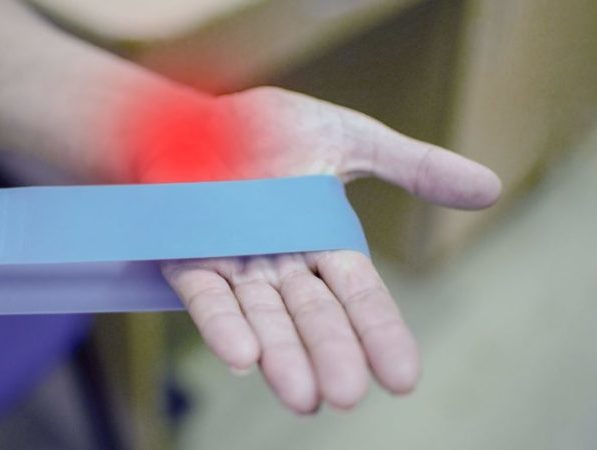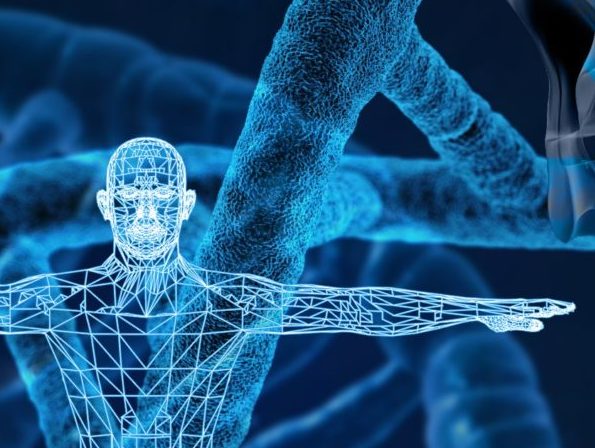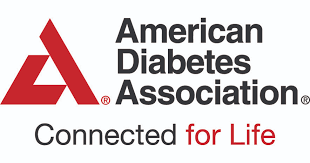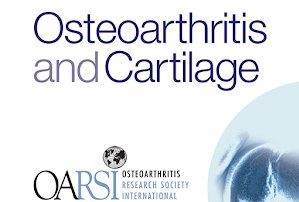MOLECULAR EPIDEMIOLOGY
A long and healthy life is not for everyone. Why is one person worn out at the age of sixty while another can still cycle at the age of ninety? The Molecular Epidemiology department of the LUMC conducts research into the origin of these differences and how these differences can be reduced.
What affects the aging rate? Which mechanisms play a role in this? To investigate this, the researchers are looking at factors that cause people to age healthily. To this end, research is being conducted in long-lived families. In these families the majority manage to reach the age of ninety. What is their secret? Which genes are beneficial? What makes their bodies different from other people? Within this context, we focus on a healthy metabolism, disease and osteoarthritis.
MISSIE
Molecular Epidemiology combines expertise in molecular epidemiology and computer science. This expertise is used for research, education and advice in order to contribute to the improvement of healthcare.
The mission of the research conducted within Molecular Epidemiology (MolEpi) is to monitor and understand factors that influence the risk of age-related disease(s) – aging – or the inverse factors involved in healthy aging. To this end, we generate and analyze state-of-the-art molecular data in human populations, families and groups of patients. In addition, in this context we focus on metabolic health and the relationship to cardiovascular disease. The research is anchored in themes and is carried out in three related research areas and the associated study populations: Aging osteoarthritis and epigenetic epidemiological research. The populations involved in these studies are also linked in biobanks within the BBMRI community.
For information about advice and cooperation with the Molecular Epidemiology section, please refer to this page.
QUESTIONS ABOUT OUR RESEARCH?
LATEST NEWS
Long RNA Sequencing and Ribosome Profiling of Inflamed β-Cells Reveal an Extensive Translatome Landscape
Long RNA Sequencing and Ribosome Profiling of Inflamed β-Cells Reveal an Extensive Translatome Landscape | Diebetes | October 2021 Sofia Thomaidou, Roderick C Slieker, Arno R van der Slik, Jasper Boom, Flip Mulder, Amadeo Munoz-Garcia, Leen M 't Hart, Bobby Koeleman, Françoise Carlotti, Rob C Hoeben, Bart O Roep, Hailiang Mei, Arnaud Zaldumbide Abstract Type 1 diabetes [...]
Long RNA Sequencing and Ribosome Profiling of Inflamed β-Cells Reveal an Extensive Translatome Landscape
Long RNA Sequencing and Ribosome Profiling of Inflamed β-Cells Reveal an Extensive Translatome Landscape | October 2021 |American Diabetes Association Sofia Thomaidou, Roderick C. Slieker, Arno R. van der Slik, Jasper Boom, Flip Mulder, Amadeo Munoz-Garcia, Leen M. ‘t Hart, Bobby Koeleman, Françoise Carlotti, [...]
Deciphering osteoarthritis genetics across 826,690 individuals from 9 populations
Deciphering osteoarthritis genetics across 826,690 individuals from 9 populations |September 2021 |Cell Cindy G Boer, Konstantinos Hatzikotoulas, Lorraine Southam, Lilja Stefánsdóttir, Yanfei Zhang, Rodrigo Coutinho de Almeida,........., Rob R G H H Nelissen, Margo Tuerlings, arcOGEN Consortium,.................., Ingrid Meulenbelt , Ming Ta Michael Lee, Joyce B J van Meurs, Unnur Styrkársdóttir, Eleftheria Zeggini Abstract Osteoarthritis affects [...]
How does hip osteoarthritis differ from knee osteoarthritis?
Hall M, van der Esch M, Hinman RS, Peat G, de Zwart A, Quicke JG, Runhaar J, Knoop J, van der Leeden M, de Rooij M, Meulenbelt I, Vliet Vlieland T, Lems WF, Holden MA, Foster NE, Bennell KL. | Osteoarthritis Cartilage | 2021 [...]
De eerste 1.000 dagen beïnvloeden het hele leven – NRC augustus 2021
NRC | 20 augustus 2021 | auteur Niki Korteweg Gezonde kinderen Een slechte start in de eerste duizend dagen na de conceptie zet een kind een leven lang op achterstand. Veel risicofactoren gaan samen: roken, drinken, stress… „Maar jonge kinderen hebben een enorme [...]










